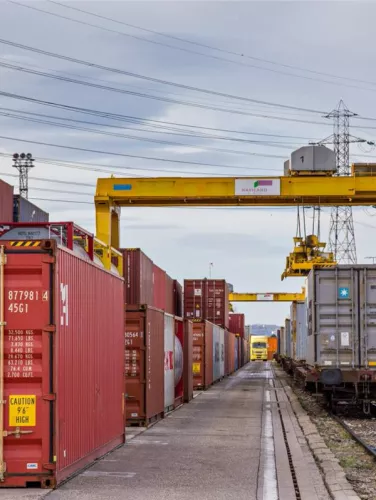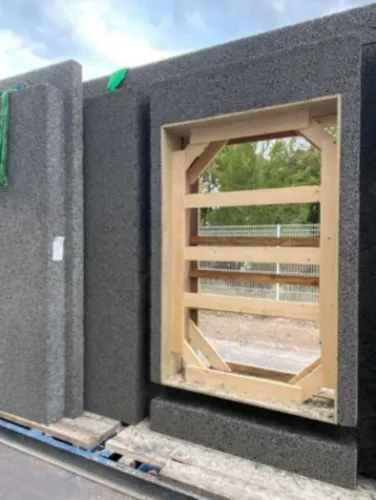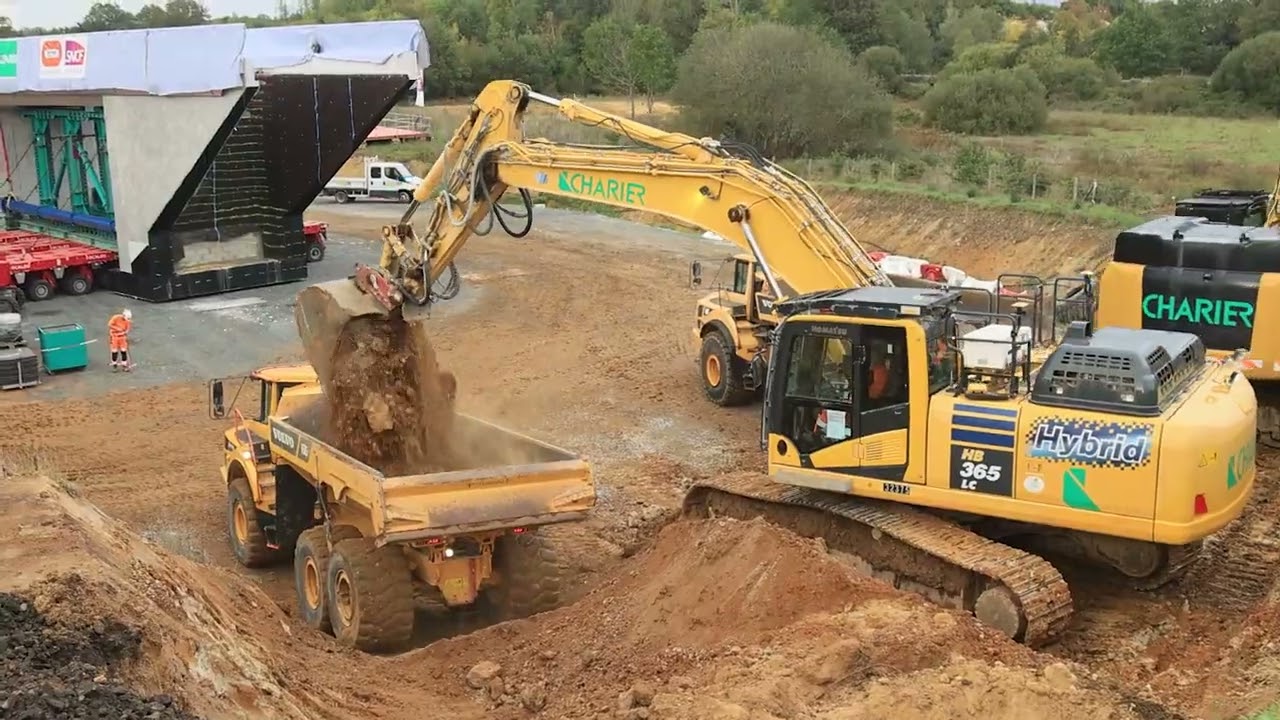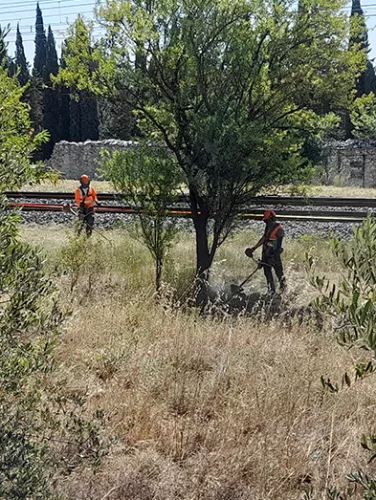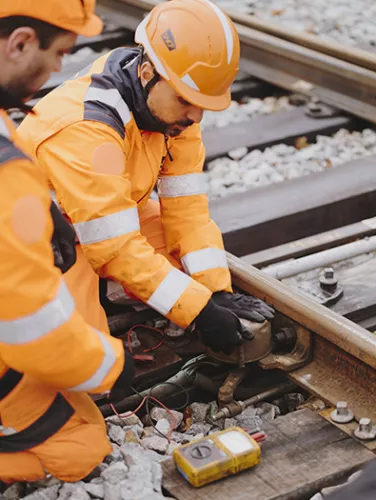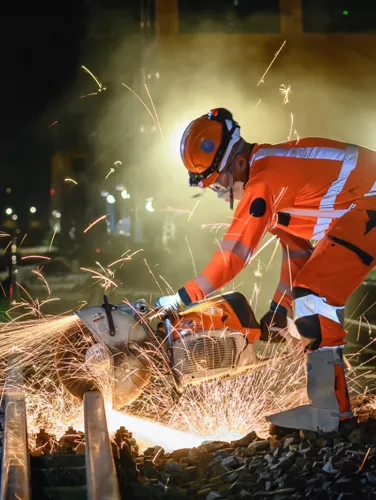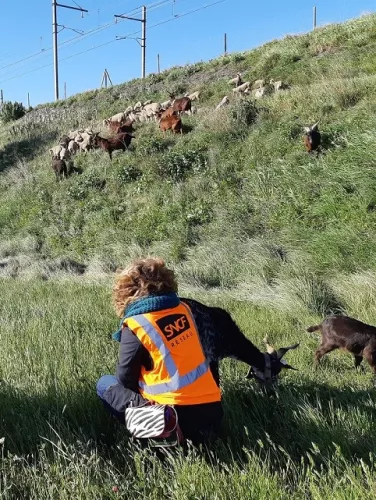Our CSR objectives: to buy safer, solidarity-based and green
The SNCF Group's objectives in terms of responsible purchasing are ambitious: to buy safer, to buy with solidarity in mind, to buy green. As such, it takes account of the objectives of sustainable development in their economic, social and environmental dimensions. The Group has a duty to play a part in the ecological transition by driving forward a strong decarbonisation drive and systematically incorporating CSR requirements into the expression of its needs. That's why we at SNCF Réseau have been deploying a CSR purchasing roadmap for several years now that is fully in line with this dynamic.
The vigilance plan
Law no. 2017-399 of 27 March 2017 on the duty of vigilance of parent companies and ordering party companies requires large companies to draw up and implement a vigilance plan to prevent serious violations of human rights and fundamental freedoms, the health and safety of individuals and the environment, caused directly by the activities of the company or by its subcontractors. This law has applied to the SNCF Group since 1 January 2022.

